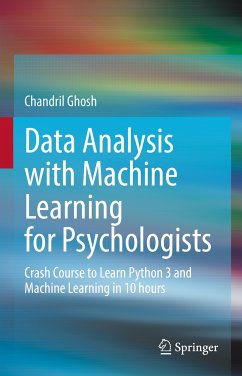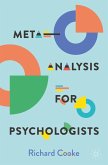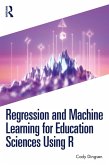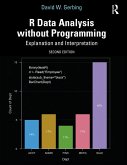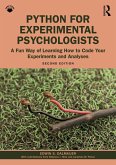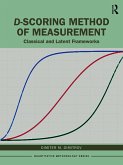While there are plenty of books covering data science, rarely, if ever, books in the market address the need of social science students with no computer science background. They are typically written by engineers or computer scientists for people of their discipline. As a result, often such books are filled with technical jargon and examples irrelevant to psychological studies or projects. In contrast, this book was written by a psychologist in a simple, easy-to-understand way that is brief and accessible. The aim for this book was to make the learning experience on this topic as smooth as possible for psychology students/researchers with no background in programming or data science.
Completing this book will also open up an enormous amount of possibilities for quantitative researchers in psychological science, as it will enable them to explore newer types of research questions.
Dieser Download kann aus rechtlichen Gründen nur mit Rechnungsadresse in A, B, BG, CY, CZ, D, DK, EW, E, FIN, F, GR, HR, H, IRL, I, LT, L, LR, M, NL, PL, P, R, S, SLO, SK ausgeliefert werden.

